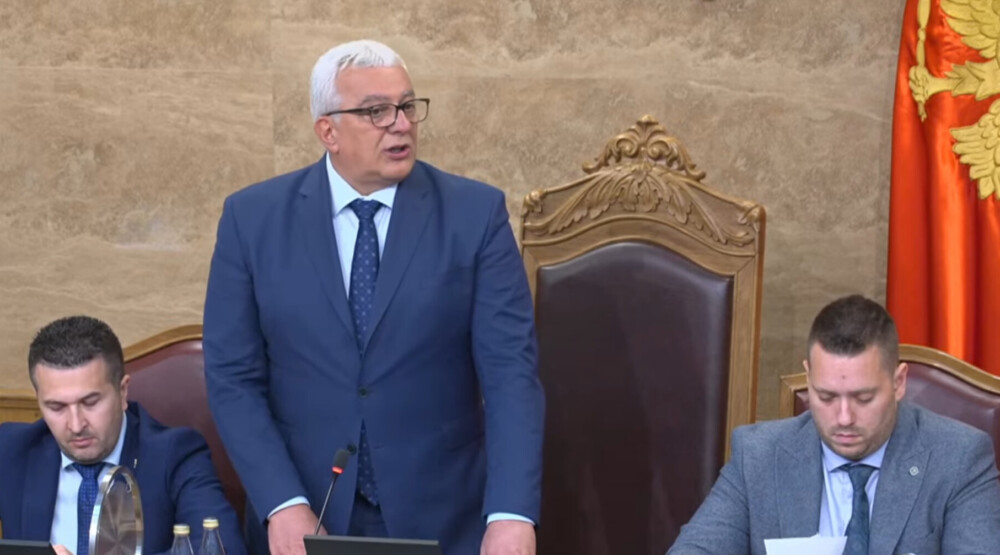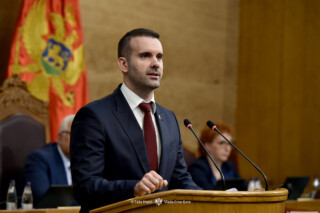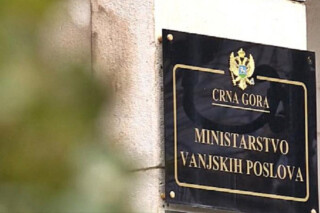By Andrej Nikolaidis, CdM columnist
My thesis, apart from being true, is simple as well: by adopting the Jasenovac Resolution, the Greater Serbia nationalism admitted defeat.
Here’s how it goes. The Jasenovac Resolution imposed on the Montenegrin parliament by Aleksandar Vucic, through his political infantry, is a futile attempt to control damage. It’s a response to the resolution recently adopted by the UN concerning Srebrenica.
The UN resolution was provoked by Belgrade’s systematic and aggressive revisionist efforts. Those efforts were only ostensibly focused on contesting the genocide in Srebrenica. In essence, it was an attempt to write a new historical “truth” about the alleged “innocence” of what was the obvious destructive and aggressive role of Serbia and Greater Serbia nationalism in the wars of the 90s. Even deeper than that, it was an attempt to preserve the image of the great state project of Belgrade as politically legitimate and ethically justified.
The UN Resolution, which will definitely have political and legal consequences, and which is anything but declarative (Belgrade knew it well: hence the anger and the effort to prevent the adoption of the Resolution), put an end to that.
It’s why Belgrade moved the area of struggle deeper into the past.
The Greater Serbia ideology needed to confirm the narrative about the nation-victim, constitutive of that nationalism.
Belgrade could have undertaken an effort that would have led to the adoption of a resolution on the suffering of Serbs in Croatia in the 90s; or resolutions on Serbian victims in Bosnia. But it didn’t.
Firstly, because the UN Resolution on Srebrenica clearly condemns any attempt of relativisation of the crime, even those committed over the Serbs.
Secondly and more importantly: because the battle for the narrative that the Serbs were victims in the 1990s wars has been lost. Definitely. That is why we went back to the past; that’s why Jasenovac emerged as an argument.
Of course: the crimes you commit in one era can’t be justified with the crimes committed over you in another.
But every nationalism, the Greater Serbia one as well, has its own internal logic that’s often in defiance of the formal one. Every nationalism has its own “truth” that doesn’t have to comply with the Universal Truth.
Therefore; by the decision to confirm the mythical status of the victim by going back to the World War II and the suffering of the Serbs at that time, Greater Serbia nationalism inadvertently confirmed that in the post-Yugoslav wars of the 1990s, it was both the aggressor and executioner. And that the fight to prove the opposite is lost.
(The opinions and views of our columnists aren’t necessarily those of the CdM news team)




